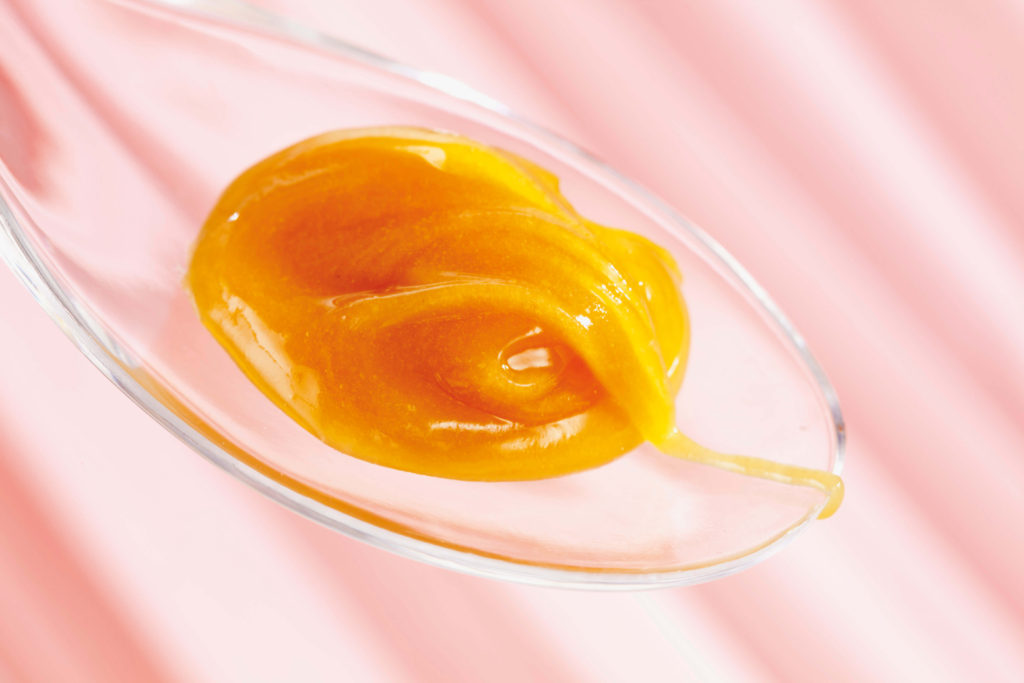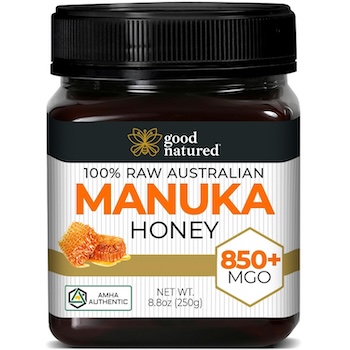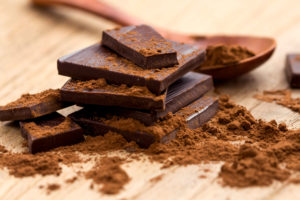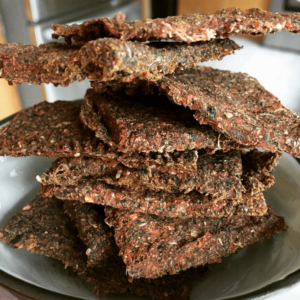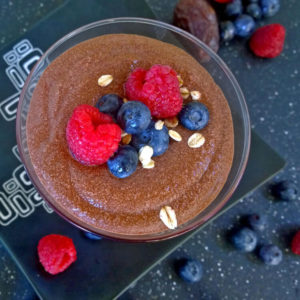Honey is a prized substance that is recognized, appreciated, and enjoyed throughout the world, and its tremendous healing properties have endured the test of time. For thousands of years, honey has been employed as a natural immune booster and antiseptic. In fact, honey has been discovered within ancient tombs in Egypt, still untainted and perfectly preserved after millennia. It is no secret that honey is extraordinary but are you aware that there is a specific variety of honey that sits above the rest when it comes to health and wellness? The antibacterial and immune-boosting properties, for which honey has been distinguished, are multiplied in a specific type of honey known as manuka.
Manuka honey is produced by bees that pollinate a localized bush in New Zealand called Manuka. It has been determined to hold up to four times the nutritional content of other honey, and up to 200 times the amount of methylglyoxal (also referred to as MG), a natural anti-bacterial proponent found in all honey (although typically in minute amounts). It is theorized that the heightened anti-bacterial power found in manuka honey is due largely to the higher concentration of Methylglyoxal. The bees produce methylglyoxal from what starts out as dihydroxyacetone, a compound that is in abundance in the nectar of manuka flowers. The unique enzymes detected in manuka honey are also thought to contribute to the substance’s astounding health benefits.
So, what ails you? And will this magical honey provide some relief? Well, the most common and scientifically regarded use for manuka honey is as a topical antiseptic for wounds, such as burns and ulcers. Be sure to keep a jar in your medicine cabinet, because this powerful honey has been proven to fight infection, reduce inflammation, and speed the wound healing process.

Manuka honey has been coupled with a myriad of health benefits. It is claimed to: reduce cholesterol, act as an anti-inflammatory, soothe gastrointestinal upset, heal a sore throat, reduce acid reflux, diminish acne and eczema, relieve allergies of all kinds, and promote sleep. Some of these claims are not upheld by scientific research through a growing body of inquiry is accumulating, and perhaps as appropriate studies are supported then further benefits will be confirmed.
So which health benefits have been verified? Research has validated several of these claims. Consumption of manuka honey has been demonstrated to reduce the risk of gingivitis by limiting plaque buildup and acting as an anti-inflammatory for the esophagus, which commonly becomes inflamed during a course of chemotherapy. Studies have also revealed that topical and internal use of it may reduce the risk of antibiotic-resistant staph infections and inhibit the growth of strep bacteria in the throat. Furthermore, manuka honey has been noted to help with colitis inflammation and pain, and repair damage caused by free radicals.
Not all manuka honey is created equal, and, for this reason, a special rating scale has been instituted so that the potency and antibacterial levels of the honey can be defined. The Unique Manuka Factor (also referred to as UMF) assigns each batch of honey with a number, ranging from 5 to 20, based on nutritional values. Manuka honey with a UMF rating of 10 or higher is considered appropriate for medicinal use while a UMF rating of 15 or higher is considered extremely potent and will possess high antibacterial activity.
Want to add a bit of manuka honey to your daily routine and reap the rewards? Fortunately for you, this makes for an easy and incredibly delicious addition to your supplement list. For maintenance and general immune system support, simply take a spoonful or two of manuka honey each day. Honey can be eaten by itself or mixed with tea, yogurt, or anything else you have on hand. At the first sign of a sore throat, earache, or other ailments, take a spoonful every few hours until symptoms subside.
Resources:
http://www.umf.org.nz/what-is-umf-honey
http://www.biomedcentral.com/1756-0500/6/188
http://www.mayoclinic.org/diseases-conditions/mrsa/basics/definition/con-20024479
http://www.ncbi.nlm.nih.gov/pmc/articles/PMC3941901/
http://www.ncbi.nlm.nih.gov/pubmed/15125017
http://www.webmd.com/a-to-z-guides/manuka-honey-medicinal-uses?page=2
http://honeycentre.com/Manuka_Honey_Info.php
YOU MAY ALSO LIKE:
MINDSET…
By Yvonne Chamberlain A way of thinking, a belief structure, mental programming, perspective, an attitude, an imagination, fixed belief, an ideology,…
5 STRETCHES TO START YOUR DAY (ANYONE CAN DO IT!)
By Kelsey Lervants We all know that stretching is important before an athletic activity but it’s also an important way to…
EXPLORING THE OCEAN’S ABUNDANT WELLNESS BENEFITS
Who doesn’t love a trip to the beach to experience the relaxing rhythms of the waves, smell the fresh, salty sea…
CHOCOLATE, CHOCOLATE!
Cocoa is packed with nutrients, and moderate, regular consumption of high-quality chocolate provides the body with plenty of benefits. Just to…
RAW VEGGIE JUICE PULP CRACKERS
Have you ever wondered what to do with the leftover pulp from your juice? Did you hate wasting it? We’ve got…
VEGAN BEET CHOCOLATE AND DATES MOUSSE
Chocolate and beets do not mix? Wrong! Try this extraordinary beet mousse by our friend Aarika. She knows beets like nobody…

